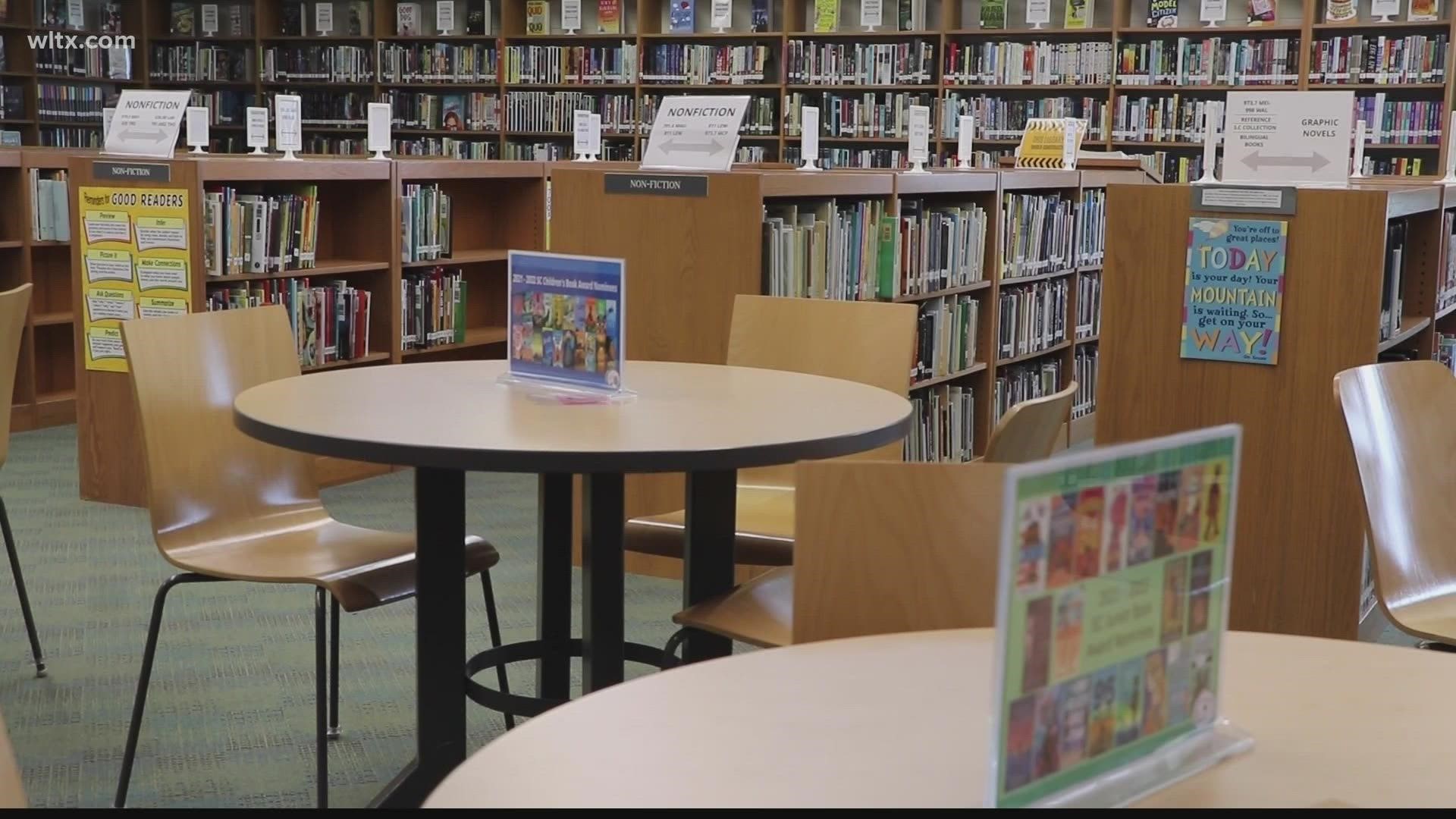COLUMBIA, S.C. — The American Academy of Pediatrics has declared children's mental health a national emergency, but a recent report from South Carolina's Department of Health and Human Services found the state is struggling to meet the demand.
"What we found is that there's only access to mental health services in about half of the schools in South Carolina," said Spokesperson for DHH Jeff Leieritz.
According to a recent report from the legislative committee on children, the South Carolina Department of mental health provided more than 350,000 mental health services to 30,000 children in 2021. More than 160,000 of those services were provided in schools.
RELATED: Experts warned COVID would hurt students' mental health. Now, teachers are living that reality
RELATED: Yes, the suicide prevention lifeline is changing to 988, but the old number will still work
According to the committee's report, suicide was the leading cause of death for children in South Carolina ages 10 to 14 in 2019 and 202 and second to car accidents in 2021.
"We're seeing more need for mental health services for students. And we're seeing less supply, we're seeing fewer accountable counselors available," said Leieritz.
The audit, requested by Governor Henry McMaster earlier this year, found that for every 1,300 students there is only one counselor.
"Do I think there's enough? No, there's never enough," said teacher and mother of two Dr. Jacquetta Chatman.
"There's a place for a mental health counselors in every grade level in every school, because our kids are dealing with so much," said Chatman.
Many of the state's school-based counselors are employed through the Department of Mental Health.
"The other thing that we found is that the system was really set up to incentivize schools to get counseling services through DMH," said Leieritz.
Leiritz said The rate schedule for DMH is twice what is paid to school districts. Specifically, DMH is reimbursed $77 for a 30-minute individual therapy session, while school district providers receive $37.
Starting July 1, rates for non-DMH counselors are increasing, which the department hopes will improve access to services. According to the audit, the 59% of school districts would prefer employing their own mental health counselors rather than contracting with DMH for mental health services.
"We're also partnering with the School of Psychology at the University of South Carolina to help schools better integrate mental health as a part of their part of their school culture," said Leieritz.
The audit also recommends requiring school counselors get professional licensed. About one third of DMH mental health counselors have a license.

